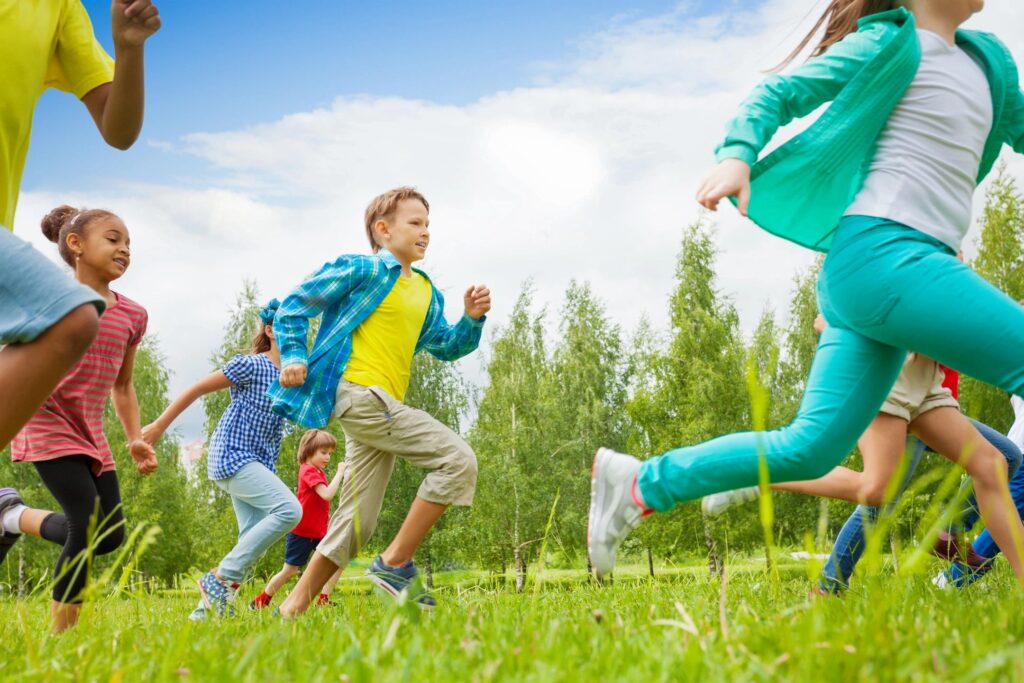Posts by Neil Petersen
Defining Greed
A couple weeks ago, I wrote about a study on how childhood experiences potentially give rise to a later tendency to be greedy. The gist of the study was that only children from wealthier families were greedier on average as teenagers but that socioeconomic status didn’t have any obvious effect on greed for children with…
Read More4 Pressing Mental Health Needs College Students Have
College students are really stressed out. If you’re a college student, you already know that. If you’re not a college student, just take a look at a study I wrote about a couple years ago in which three-quarters of students surveyed had symptoms of psychological distress and over half had low self-esteem. Clearly, there’s a…
Read MoreRats From Enriched Environments Make Better Drivers
Have you ever wondered if it would be possible to teach a rat to drive? Well, maybe not, but this is the kind of thing psychology researchers think about. In a new study, researchers at University of Richmond let rats take to the road in special “rat-operated vehicles.” As part of the experiment, the rats…
Read MoreDoes Having a “Game Face” Improve Cognitive Performance?
One of the counterintuitive ideas in psychology that has become popular lately is that our body language isn’t just an expression of our attitudes but can actually change those attitudes. A 2010 paper suggested, for example, that adopting more confident body language might really make one more confident. That idea then entered the mainstream through…
Read MoreHelping Others Is a Link Between Self-Control and Life Satisfaction
Last week, I wrote about the health and mental health benefits of volunteering. Today brings us another study on the theme of helping others being a good way to help yourself. If all this talk about the benefits of helping others is starting to sound a little preachy, don’t blame the messenger! It just happens…
Read MoreThe Childhood Roots of Greed
Being willing to share resources with each other is one of the things that keeps our society functioning. That’s why one of the lessons that we commonly teach children is how to share. Of course, to varying degrees, we all ignore that lesson at times. There’s an opposite tendency to always want more of something…
Read MoreOlder Adults’ Perceptions of Volunteering Improve When They Try It
Volunteering is an activity that seems to have as many benefits for the person doing it as for the people it’s intended to help. This seems to be true starting relatively early in life, with young adults who volunteer more having a greater sense of purpose. However, volunteering has especially been considered as a way…
Read MorePeer Coaching and Supported Education
When students with psychiatric or substance use disorders arrive at college, they face additional obstacles that other students don’t. Supported education programs are an increasingly popular way to give these students tools that will help them manage these challenges and get the most out of higher education. As the name suggests, supported education involves supporting…
Read MoreValuing Time Rather Than Money May Lead to Happiness
Time is money, right? But in a literal sense, that’s not true. Time is time, and money is money. In fact, time might be more important than money, at least as far as happiness goes. A new study suggests that when it comes to creating a life that makes you happy, prioritizing time over money…
Read MoreWhen Are Rich People More Entitled?
When a person has more of something, there’s always the risk that they’ll decide the reason they have more is because they deserve more. That’s the most self-serving interpretation, but then again, people are pretty good at coming up with self-serving interpretations. But does belonging to a higher social class necessarily mean having a greater…
Read More









